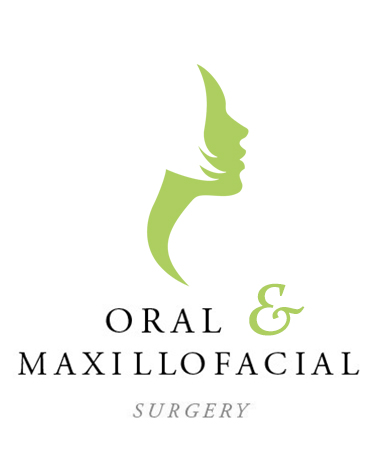Oral & Maxillofacial Surgery
About
Oral and maxillofacial surgery (OMFS) is unique in requiring two primary degrees, one in dentistry, and one in medicine. The reason for this is the area of work, involving diseases of the mouth (oral), the jaws (maxilla) and face.
Trainees come to the specialty from either medicine or dentistry, but most start with a dental degree.
The scope is extensive and includes facial injuries, head and neck cancers, salivary gland diseases, facial disproportion, facial pain, temporo-mandibular joint (TMJ) disorders, impacted teeth, cysts and tumours of the jaws as well as problems such as mouth ulcers and infections.

The requirement for two degrees and the resulting additional time in training expense does put pressures on trainees, especially those with a family, but the changes brought in by MMC are helping to address this.
In common with all surgical specialties, OMFS requires the ability to decide whether an operation is needed, the knowledge to choose the correct operation, and the skill to undertake the surgery.
As an oral and maxillofacial surgeon you will work with all ages of patient. There will be a combination of elective and emergency work. You could be operating on someone who has been subjected to physical violence or rebuilding the face of someone who has had cancer surgery.
Entry, Qualifications and Training
As well as registrable medical and dental qualifications, it is a requirement for entry into specialty training to have obtained the FRCS, MRCS diploma before appointment.
Specialist training lasts five years with an exit FRCS(OMFS) examination taken towards the end. This, together with successful completion of the Record of in-Training Assessment (RITA) assessment, allows the specialist registrar to be awarded a Certificate of Completion of Training (CCT) in oral and maxillofacial surgery and, therefore, be eligible for appointment as a consultant.




